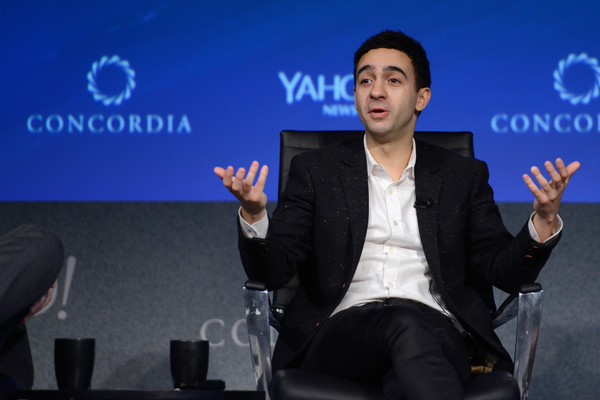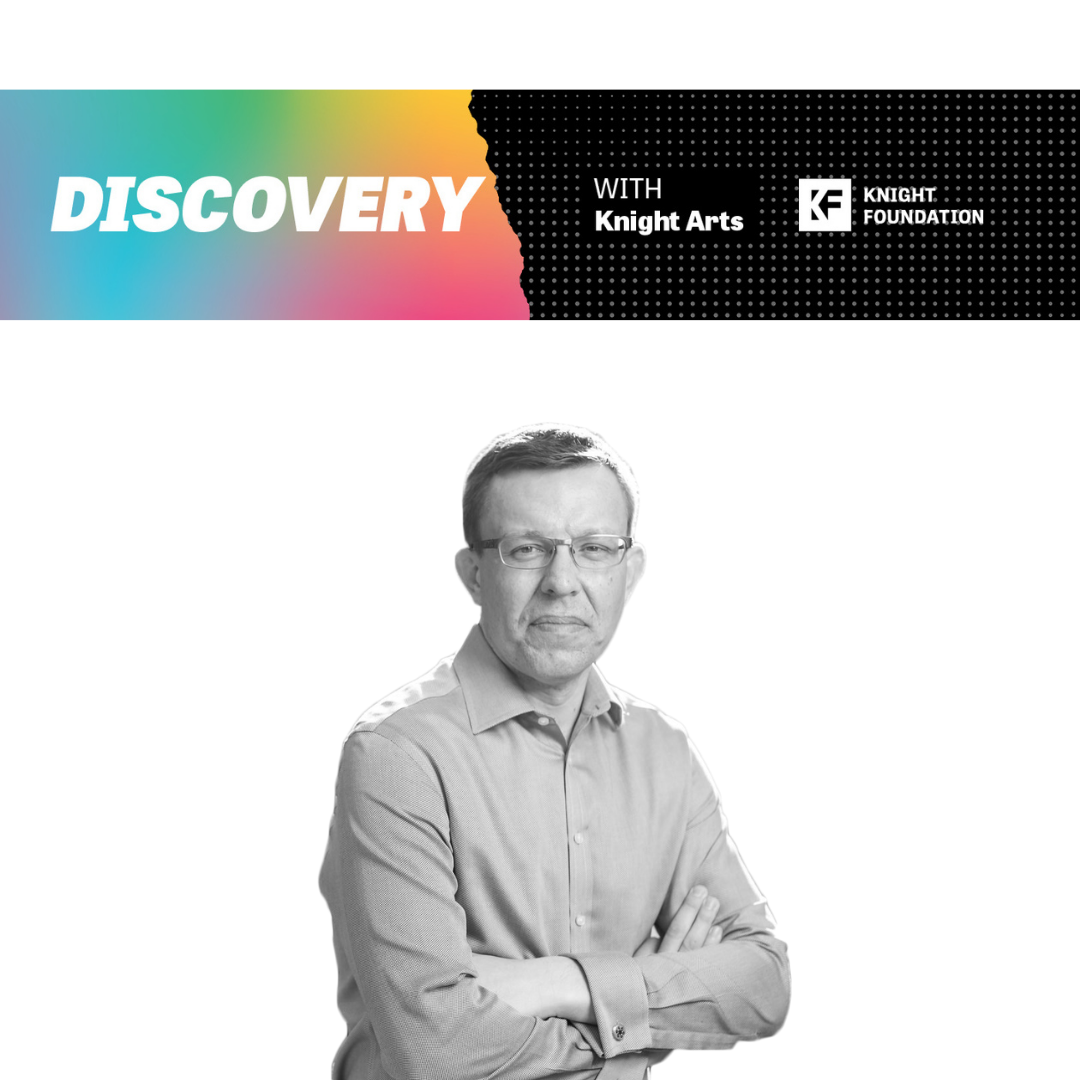
Even old power institutions like the Papacy, NASA and LEGO have tapped into the strength of the crowd to stage improbable reinventions. And it gives ISIS its power to propagate its brand and distribute violence.

It explains the unlikely success of Barack Obama's 2008 campaign and the unlikelier victory of Donald Trump in 2016.

New power is what fuels the rise of participatory communities like Facebook and YouTube, sharing services like Uber and AirBnB and rapid-fire social movements like Brexit and #BlackLivesMatter. The challenge with new power is not to hoard it, but to channel it. Like water or electricity, it is most forceful when it surges. 'New Power' is for the many it is open, participatory, often leaderless and peer-driven. But the technological revolution of the past two decades has made possible a new form of power, one that operates differently, like a current.

Once held by the few, it was hoarded and jealously guarded, like currency.


 0 kommentar(er)
0 kommentar(er)
